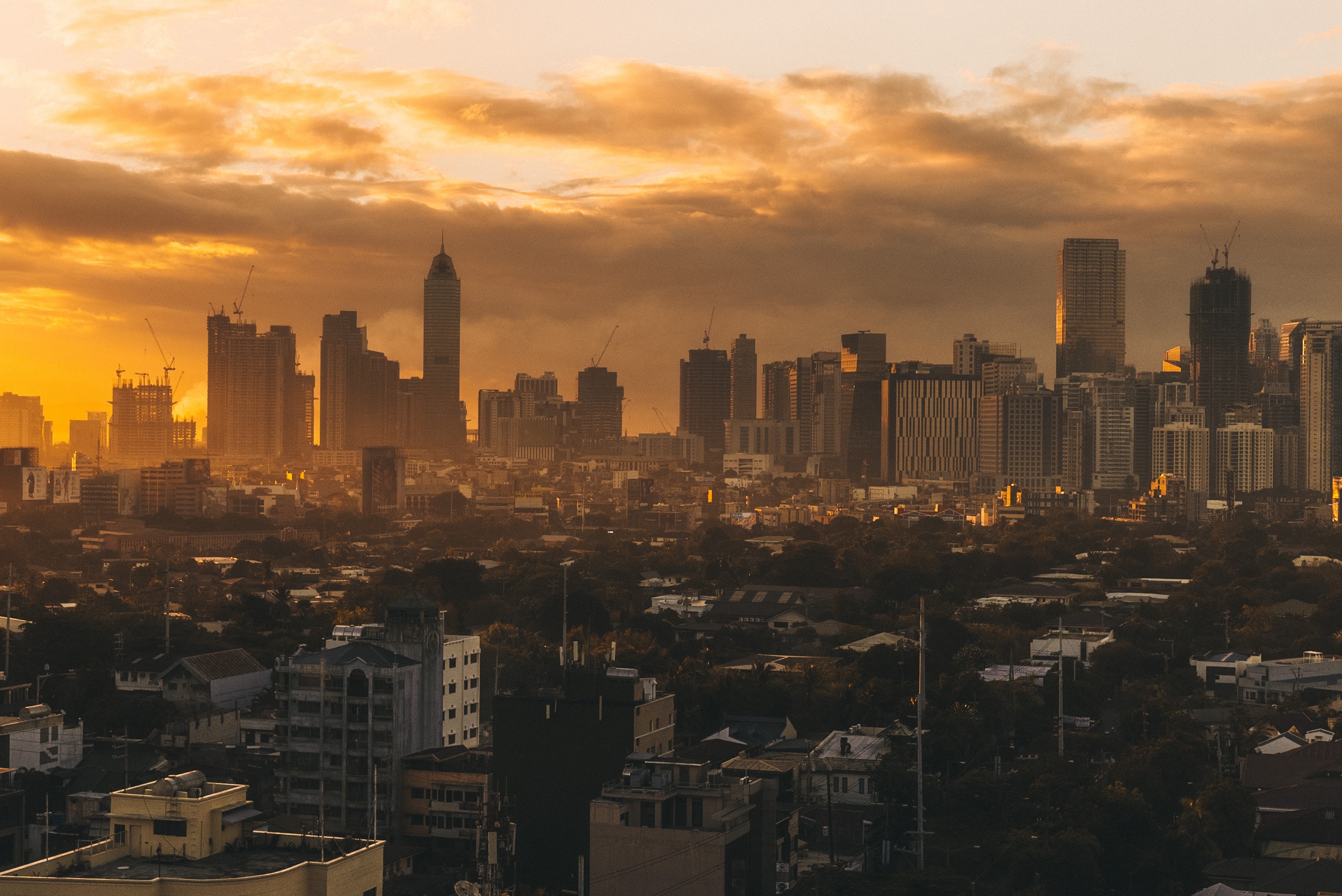China-backed Dito Telecommunity kicked off commercial operations in the Philippines on Monday, marking a major milestone for President Rodrigo Duterte’s goal of shaking up the country’s long-standing telecom duopoly.
The long-awaited third player announced the launch of its mobile service in the central and southern provinces of Cebu and Davao, Duterte’s home region, in an online event. The company plans to gradually expand into more areas, including Metro Manila, in the coming weeks, officials said.
Dito’s launch represents one of the largest Chinese investments of Duterte’s administration. The Philippine president has put territorial disputes in the South China Sea on the back burner in order to forge closer economic ties with Beijing.
The telecom challenger — which has had to fend off concerns in the Philippines of espionage by Beijing — is 60% owned by companies controlled by Duterte campaign donor Dennis Uy, who also serves as Dito’s CEO. State-owned China Telecom owns the remaining 40%, the limit for foreign investments in the Philippine telecom sector.
The choice of areas for the launch pays homage to Dito’s roots. Uy, who hails from Davao, and China Telecom used Mindanao Islamic Telephone, a dormant telecom company, as the vehicle for its successful bid in 2018 for a license to offer full-scale telecom services, including fixed broadband.
“The rationale for the third telco was to serve the underserved and to provide Filipinos with a better option [and] a wise choice,” Uy said during the launch. Government officials, including Davao City Vice-Mayor Sebastian Duterte, the president’s youngest son, also attended the event.
However, Dito’s network will run only on 4G and 5G networks, raising questions over its coverage in rural areas, where many users still rely on lower-end mobile phones that are not compatible with these more advanced technologies.
Over 60% of Philippine mobile subscriptions are still for 2G and 3G services, according to UK analytics company Global Data, which projects that those segments will shrink to less than 20% by 2025, in line with the global migration to 4G and 5G.
The China-backed company will challenge two incumbent players that in recent years have faced intense pressure from Duterte to improve services — a popular stance in a country where internet speeds lag behind in global rankings.
The two players — PLDT, which is backed by Japan’s NTT Group, and Globe Telecom, a joint venture between Philippine conglomerate Ayala and Singapore Telecommunications — have deployed record capital spending during the last two years to upgrade their networks and step up marketing. PLDT has enlisted K-pop sensation BTS and Hollywood actor Chris Evans for its recent campaigns, while Globe signed up Korean girl group Blackpink.
“We believe Dito’s entry will have limited impact on competition this year, although this is likely to intensify in the medium term as the new entrant expands coverage,” Fitch Ratings analyst Janice Chong told Nikkei Asia.
Dito’s network already covers 37% of the country’s population. That figure is expected to rise to 51% next year, in line with its five-year commitments to the government, which also involve at least USD 5 billion in capital spending.
Dito previously said it aimed to grab a 30% market share within a few years after its launch. Chong said the company would have to come up “with a competitive pricing strategy” to win subscribers.
Dito on Monday kicked off its business with an introductory offer of PHP 199 (USD 4) for unlimited text, calls and mobile data connection for 30 days, cheaper than offerings from its competitors. It also gave 3,000 free SIM cards and 300 mobile phones to health workers and others on the front line of the COVID-19 crisis.
Uy said the company needs to be “patient” about achieving profitability. “It was never about making a fast buck. We knew it was a long-term commitment and that if we delivered on our promise, then the business would flourish,” Uy said.
This article first appeared on Nikkei Asia. It’s republished here as part of 36Kr’s ongoing partnership with Nikkei.
